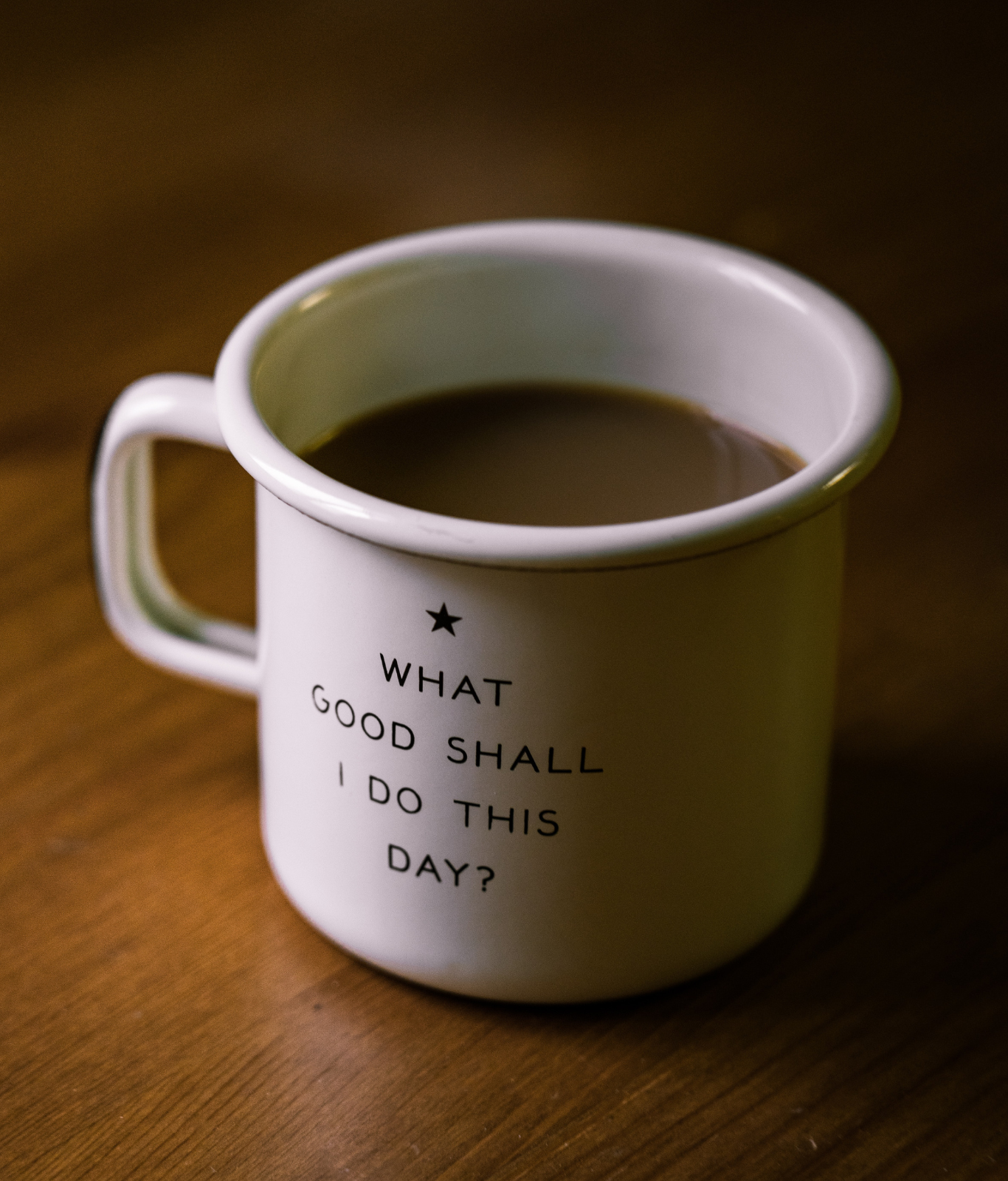“Get busy living, or get busy dying”
I’m a sucker for small moments that have big implications. We can readily think of examples from movies – When Red carves his name in the wall and says, “Get busy living or get busy dying” in The Shawshank Redemption. Or after Harry has been tortured by his uncle and aunt for a decade before Hagrid shows up to the island in a raging storm with a letter and says, “Yer a wizard Harry!” You belong with us! Or when Elizabeth has a powerful realization and tells Mr. Darcy that she has changed her mind about his proposal. When Frodo steps up and says, “I will take the ring to Mordor - though I do not know the way.” These small moments that have big meaning – they always bring tears to our eyes or give us goosebumps.
All of us crave transformation. It may not be quite as dramatic as it is in the movies, but it is no less important to us. When we feel broken, we want healing. When we feel alone or estranged, we crave connection. We feel small and want to feel connected to something bigger than ourselves. We feel lost and confused and we want wisdom. We feel empty and we want to be replenished. We feel blocked and we want our creativity to return and flow. These are lifelong struggles for all of us. So how do we find transformation? How do we work toward these goals?
As I think about moments of transformation I have witnessed in myself, in my clients, and in the movies, I see a common thread. We can influence these moments. While there are no guarantees and transformation is often a process, nevertheless, we can facilitate transformation in ourselves.
We do this with ritual. Ritual helps create transformation. In fact, I’m not sure transformation can happen without ritual.
When I say ritual, I do not necessarily mean the big, formal religious events. Instead, I define ritual as: meaningful action with symbolic intent. This means that we are using rituals every day. Furthermore, they are usually done in private and when we are alone.
For example, you may choose a coffee cup in the morning because it reminds you of a person, and you spend a little time thinking about them as you drink your coffee. You may say “good morning” to a picture of a loved one who has died that sits on your dresser. Both of these easily meet my definition of ritual.
So we already use ritual daily. But what if we could be more intentional about using ritual? What if a better understanding of ritual in our lives would give us more meaning and could help us understand others better? That seems like a valuable goal worth pursuing.

